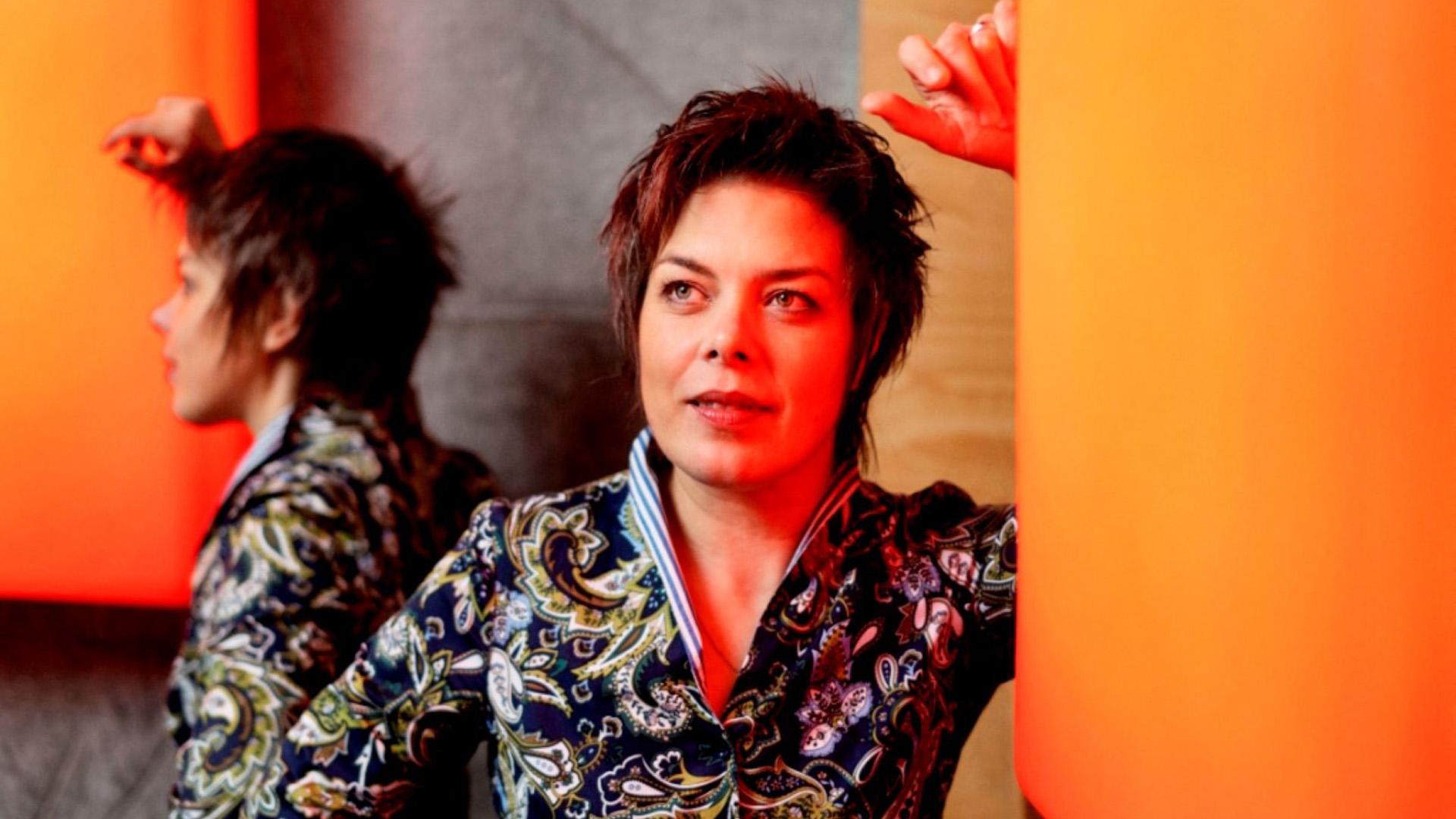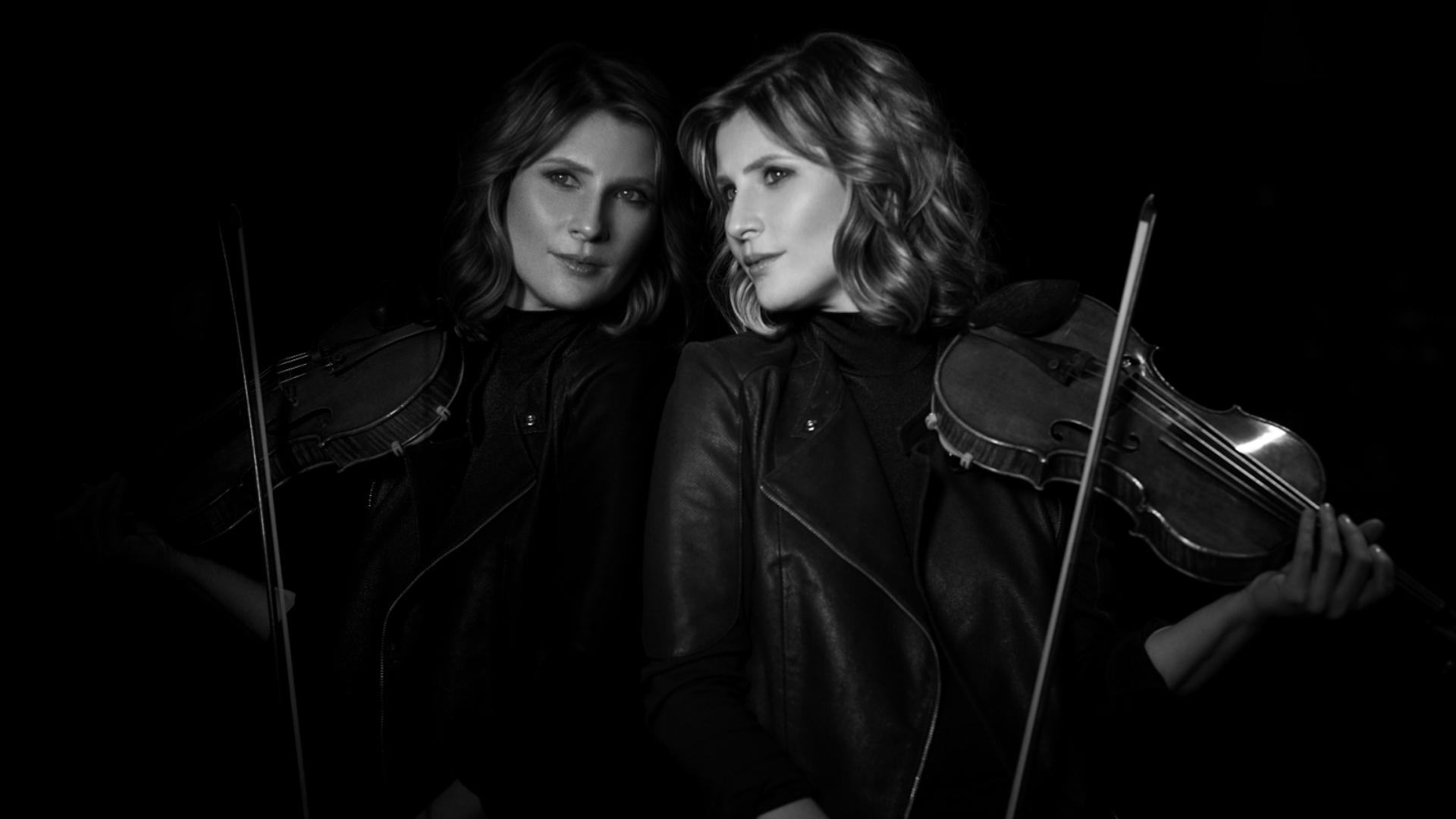Baltic anniversary
Both Béla Bartók and Bohuslav Martinů lived and worked in a war-torn Europe. They lived through two world wars, watched their native countries in different ways transform due to, and in response to, the threats and dangers of the world around them. Naturally, such experiences will have an impact on one’s artistic expression and this dramatic period can be sensed in both Bartók’s Music for Strings and Martinů’s Double Concerto. In the violin concerto, Distant Light, Pēteris Vasks depicts bitter-sweet childhood memories and tries to bestow calm comfort upon the world. 2018 is the centenary of Estonia, Latvia and Lithuania becoming independent states and the concert bill spans all of the Baltic States.
This production is part of one or more concert series.

“Most people today no longer possess beliefs, love and ideals. The spiritual dimension has been lost. My intention is to provide food for the soul and this is what I preach in my works.” Pēteris Vasks was born in Latvia two years after the Soviet Union again had occupied the country and not even a year after the official end of the second world war. For more than forty years, he lived under Soviet oppression. Already as a young man, he noticed the oppression because of his Christian faith; Vasks’s father was a well-liked baptist minister. As an active composer, his music was not accepted either, since it was experimental and modernist, which was not appreciated. Like for example Prokofiyev and Shostakovich before him, Vasks lived in the midst of a mad world where any opposition against what was officially sanctioned was inopportune or even dangerous.
In the 1930s, Béla Bartók actively opposed the Nazis, refused to perform in Germany and even broke with his German publisher. Hungary saw the winds of right-wing extremism and fascism growing in strength after Admiral Miklós Horthy took power in January 1920, and Bartók’s well-known political stance led to him getting on the wrong side of the powers that be in his native country. Music for Strings, Percussion and Celesta was written on commission from Paul Sacher, a Swiss patron, impresario and conductor, and was published by an Austrian, rather than a German, publisher.
Another composer in Paul Sacher’s network was Bohuslav Martinů, who wrote his Double Concerto for Two String Orchestras, Piano and Timpani while the fascist noose was tightening around his native country of Czechoslovakia. The same year the concerto was written, the Munich Agreement was signed after growing unrest among Sudeten Germans in western Czechoslovakia, corresponding to the modern Czech Republic. At the time, Martinů lived in Schonenberg in Swizerland with the Sacher family, surrounded ”by deer and the fear of war”. It does not require much imagination to hear the composer’s anxiety and fear throughout the three movements of the piece: The constant cycling between major and minor keys, and atonality; rough, dissonant sounds; restless fragments in the different sections that end abruptly or lead nowhere.
A hundred years ago, Estonia (February 24, but closely followed by German occupation), Latvia (November 18, after the end of the first world war) and Lithuania (February 16, when the German fortunes of war is starting to turn) declared independence. During the turbulent 20th century, the European map was redrawn repeatedly and after the turn of the millennium, the global striving for stability is more open than ever with the various possibilities for communication available to us. Just as Pēteris Vasks creates music for comfort and healing, marked by his time, hopefully the composers of tomorrow will be inspired by peace and faith in the future, rather than warmongering and hostility.
No bus to Berwaldhallen from Stockholm City –
Busline 69 is shortened and runs Karlaplan – Kaknästornet / Blockhusudden. For more information, please visit www.sl.se/en/
FESTIVAL OFFER (Östersjöklippet)
With the Baltic Sea Festival Offer (Östersjöklippet), you get three different levels at a discount – 10, 15 and 20% off the regular fare depending on whether you buy three, four or five different concerts at the same time.
TO ’ÖSTERSJÖKLIPPET’



